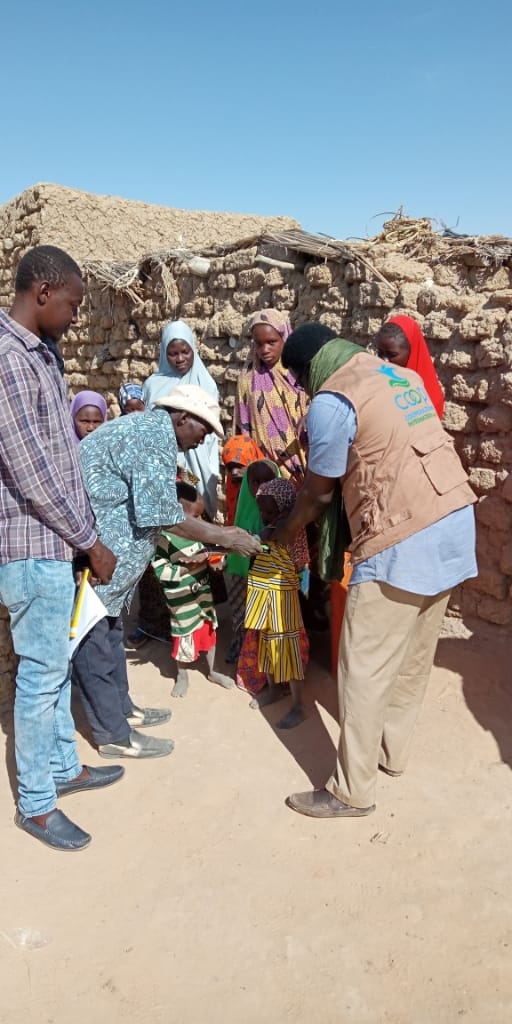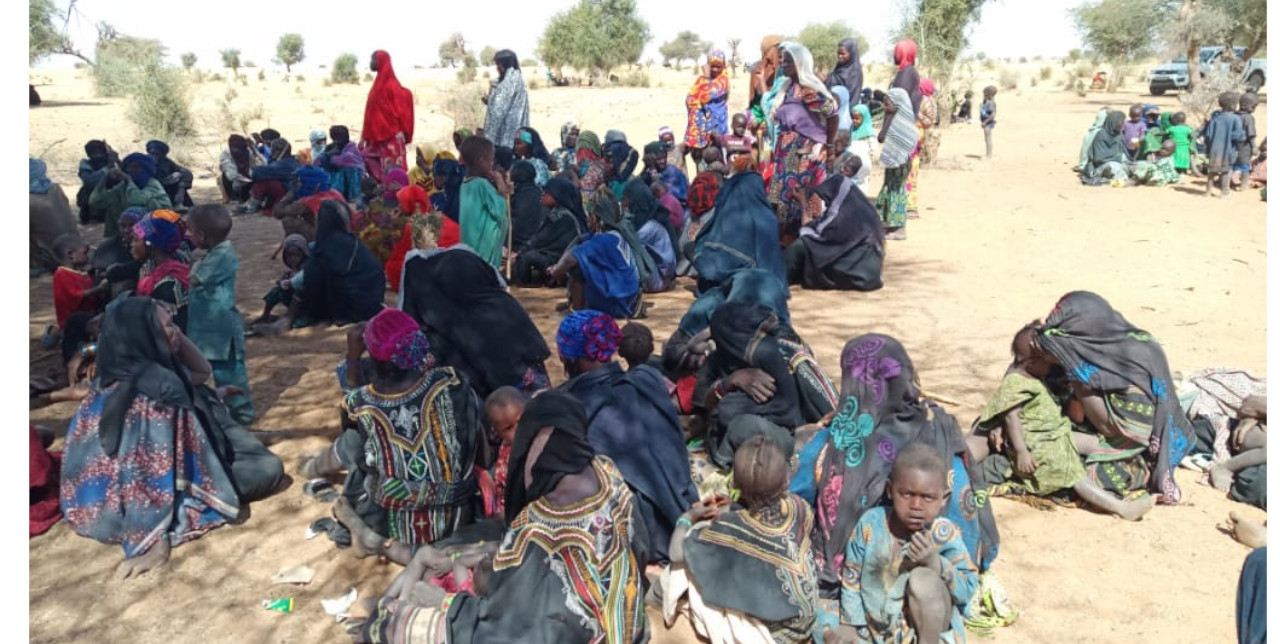22-05-2019 | di COOPI
Niger, Tillabery: mobile clinics to treat malnutrition in the IDPs camps
In the Sahel, malnutrition rate for children aged 6 to 59 months exceeds the critical threshold of 2% for severe acute malnutrition and 40% for chronic malnutrition.
In addition, the level insecurity in Niger and other neighbouring countries is rising, thus increasing the number of internally displaced persons (IDPs) .
Thanks to our "Contribution to the reduction of mortality and morbidity related to severe acute malnutrition among children under five, including special cases in the context of the resumption of activities in the districts of Tillabéry and Ayorou" project, funded by the European Commission (ECHO, European Civil Protection and Humanitarian Aid Operations), we are reducing malnutrition related causes, by taking care of the most malnourished children and by organizing training sessions on Infant and Young Child Feeding (ANJE).
The project will continue until February 2020 and 5,951 malnourished children have treated so far.
We are treating malnutrition among IDPs in Niger
In Tillabery, there are about 2,531 internally displaced persons. Food security is worsening and we needed to come up with an efficient and strategic system to treat the most severe cases of malnutrition across the six IDPs camps.
This is why we adopted the mobile clinic strategy.
The clinic has allowed us to treat malnourished children directly in the IDP camps - during the follow-up phase, children were transferred to CSI (integrated health centres), while the most serious cases were treated in the CRENI centres (intensive nutritional rehabilitation centres).

Medical visits in IDPs camps
By adopting this strategy, we managed to:
- track about 459 children aged 6 to 59 months in IDP camps;
- organise training sessions on food diversification best practices for pregnant and lactating women;
- distribute WaSH kits;
- develop community strategies for to monitor malnutrition.
The collaboration between the heads of the CSI centres and of the IDPs centres made it possible to identify two community focal points - a man and a woman - who will carry out frequent follow-ups concerning malnourished children, encourage home visits and promote awareness sessions against malnutrition.
Our rapid intervention made it possible to save 55 severely malnourished children, by giving them with free care. This has been highly appreciated by partners, beneficiaries and local authorities in Tillabéry.
Food insecurity in Niger, in a nutshell
In Niger, severe droughts, chronic food insecurity and natural disasters are worsening the situation in these regions, particularly in the Tillabery region of northern Niger, where food resources are dwindling.
Frequent natural disasters have exacerbated people’s life conditions and have put them at a high risk of malnutrition, mainly children and pregnant women. Now, poor basic services, limited access to safe drinking water and sanitation, inadequate family practices and social protection for the most vulnerable are also contributing to worsen the situation.
This is why food security is an ongoing challenge to which we are committed and to which we have been supporting local communities since 2012.




 Niger
Niger